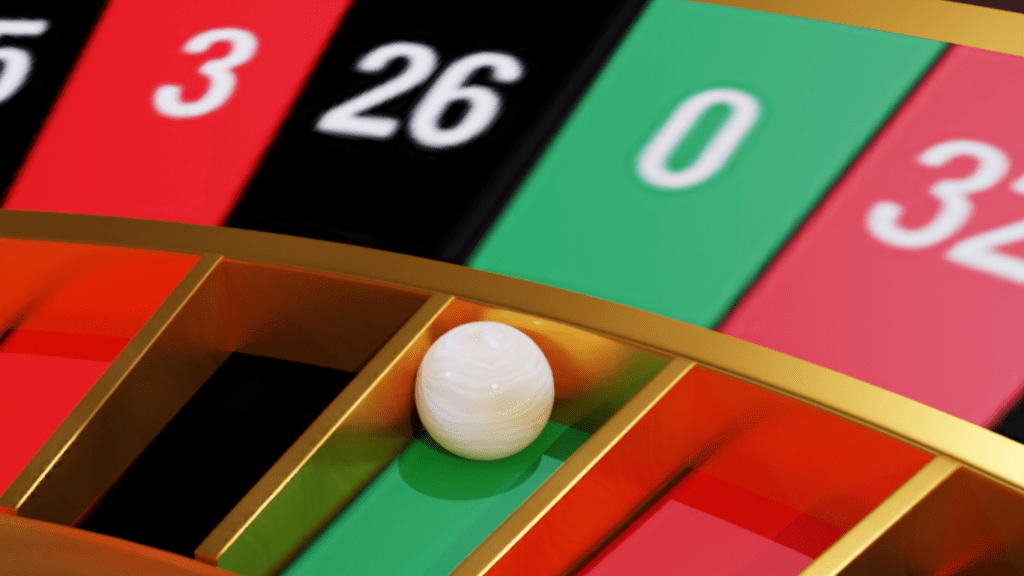Understanding Losing Streaks
Losing streaks occur when setbacks follow in quick succession. Individuals often link these streaks to external factors. Encountering repeated failures, like in sports events or poker games, can lead people to perceive their continued losses as misfortune rather than self-error. A psychological mechanism, known as attribution bias, comes into play where individuals avoid self-blame by pointing to external causes.
Cognitive biases impact our interpretation of losing streaks. The availability heuristic makes recent losses feel more pronounced due to their mental accessibility. This perception of bad luck can overshadow personal accountability, reinforcing cycles of perceived misfortune. Recognizing these biases helps in addressing losing streaks, shifting focus from uncontrollable luck to controllable actions.
The Role Of Psychology
Psychology plays a significant role in how we perceive and react to losing streaks. Understanding mental processes helps in recognizing patterns and breaking cycles often associated with bad luck.
Cognitive Biases
- Cognitive biases shape how we interpret losses during streaks.
- The availability heuristic, for example, leads me to recall vivid losses more easily than wins, skewing my perception of frequency.
- This bias reinforces the idea of bad luck.
- Attribution bias convinces me to blame external factors for failures, sidestepping my own accountability, and preserving my self-image.
- Recognizing these biases is crucial for regaining control and making more rational decisions when facing losses.
Emotional Reactions
Emotional reactions to losing streaks can be intense. Feelings of frustration and helplessness often emerge, fueled by the perceived injustices of bad luck. These emotions can cloud my judgment, making rational analysis difficult and leading to impulsive decisions. By understanding these emotional responses, I can develop strategies to manage them. This approach aids in fostering resilience and maintaining a focus on actionable improvements, reducing the emotional toll of losing streaks.
The Perception Of Bad Luck

Bad luck often becomes a convenient scapegoat during losing streaks. People tend to perceive patterns where there are none, enhancing the feeling that luck is against them.
Confirmation Bias
I see confirmation bias lead individuals to favor information that supports their belief in bad luck. People often recall experiences that align with their perceived misfortune while ignoring instances of good fortune. This selective memory intensifies perceived losing streaks.
Randomness Vs. Patterns
Humans naturally seek patterns in random events. I observe that individuals link consecutive losses to deliberate external forces, dismissing the inherent randomness of situations. This misperception fuels the belief in an overarching bad luck phenomenon, detracting from a clear understanding of stochastic outcomes.
Coping Mechanisms
Understanding coping mechanisms enables us to manage the emotional burden of losing streaks effectively.
Rationalizing Losses
Rationalizing losses helps mitigate negative emotions tied to losing streaks. When I rationalize a loss, I consciously evaluate the factors influencing the outcome rather than impulsively blaming luck. For instance, I recognize strategic errors in a game or misalignments in my approach at work. Through objective analysis, I differentiate between elements I control, like:
- effort
- preparation
those I don’t, such as external conditions. This self-awareness fosters a more balanced perspective, reducing the inclination to externalize failure.
Developing Resilience
Developing resilience provides strength to withstand losing streaks with a more optimistic outlook. I cultivate resilience by framing setbacks as opportunities for growth rather than as insurmountable obstacles. Embracing a proactive mindset, I set achievable goals that promote incremental progress. Additionally, I practice stress management techniques, such as mindfulness and relaxation exercises, to maintain emotional balance. By embracing challenges and learning from each experience, I increase my capacity to endure setbacks and remain focused on long-term objectives.



 Legal and Compliance Advisor for Key Gamble Lucky, Lucas specializes in navigating the complex landscape of casino game strategies, offering expert betting tips, and analyzing industry trends. With a strong background in gambling law and industry analysis, Lucas ensures that the platform remains up-to-date on regulatory changes while providing readers with valuable insights into the legal aspects of gambling. His expert advice helps readers sharpen their skills, make more informed decisions, and improve their overall betting outcomes, all while staying compliant with the latest legal standards.
Legal and Compliance Advisor for Key Gamble Lucky, Lucas specializes in navigating the complex landscape of casino game strategies, offering expert betting tips, and analyzing industry trends. With a strong background in gambling law and industry analysis, Lucas ensures that the platform remains up-to-date on regulatory changes while providing readers with valuable insights into the legal aspects of gambling. His expert advice helps readers sharpen their skills, make more informed decisions, and improve their overall betting outcomes, all while staying compliant with the latest legal standards.